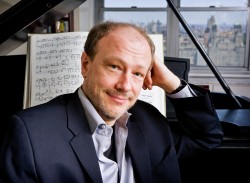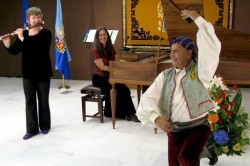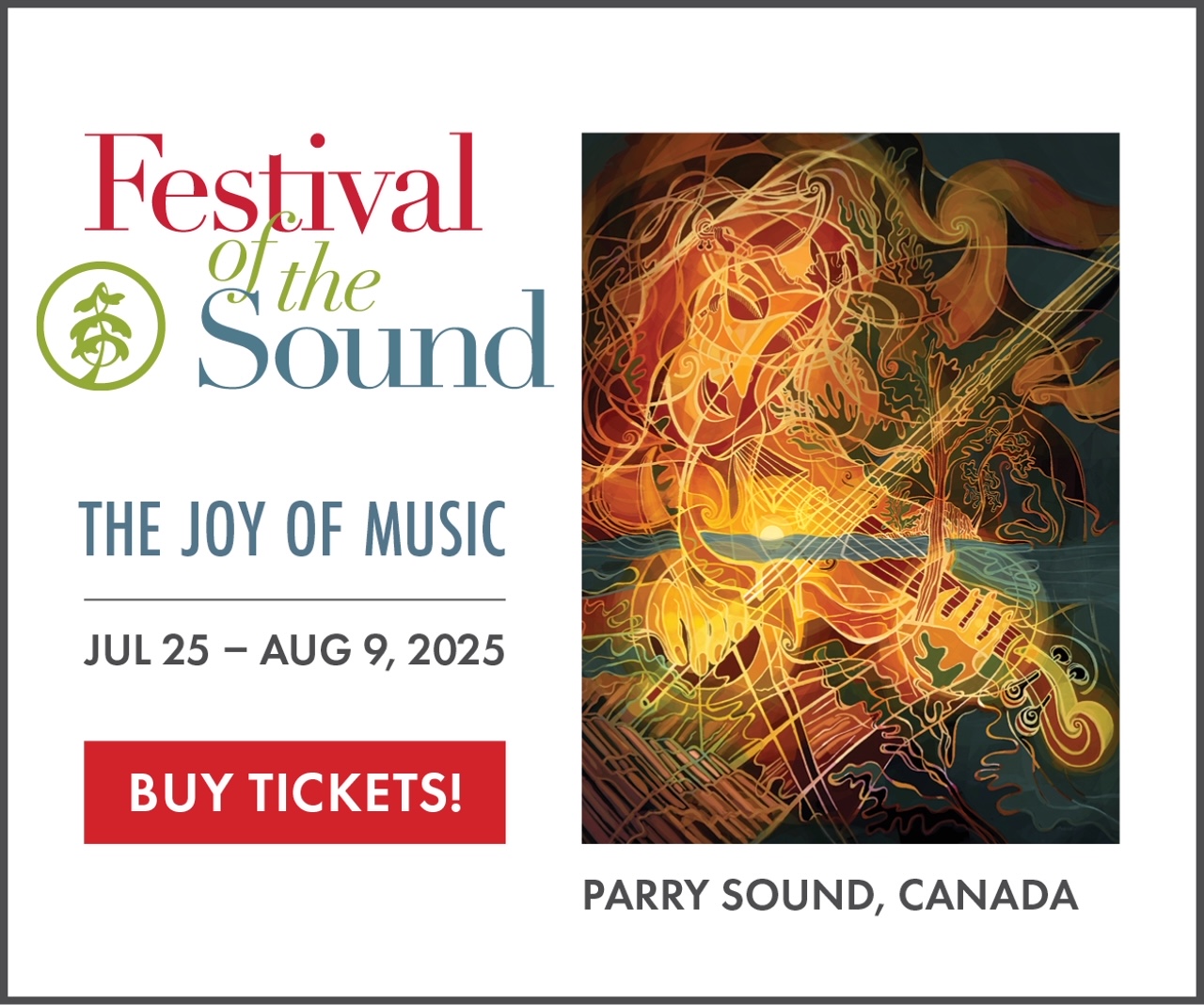Marc-André Hamelin at Koerner Hall
Not since Glenn Gould has a Canadian pianist had such a global impact as Marc-André Hamelin. Just as Gould’s interpretation of Bach revolutionized the way we heard his music, Hamelin made musical sense of late 19th and early 20th century pianist-composer romantic music so fiendishly difficult it had seemed lost until he unearthed it. As the years passed, Hamelin’s repertoire broadened to embrace more traditional repertoire and his March 1 Koerner Hall recital included Debussy’s Images Book II from his recently released Hyperion Debussy CD.




